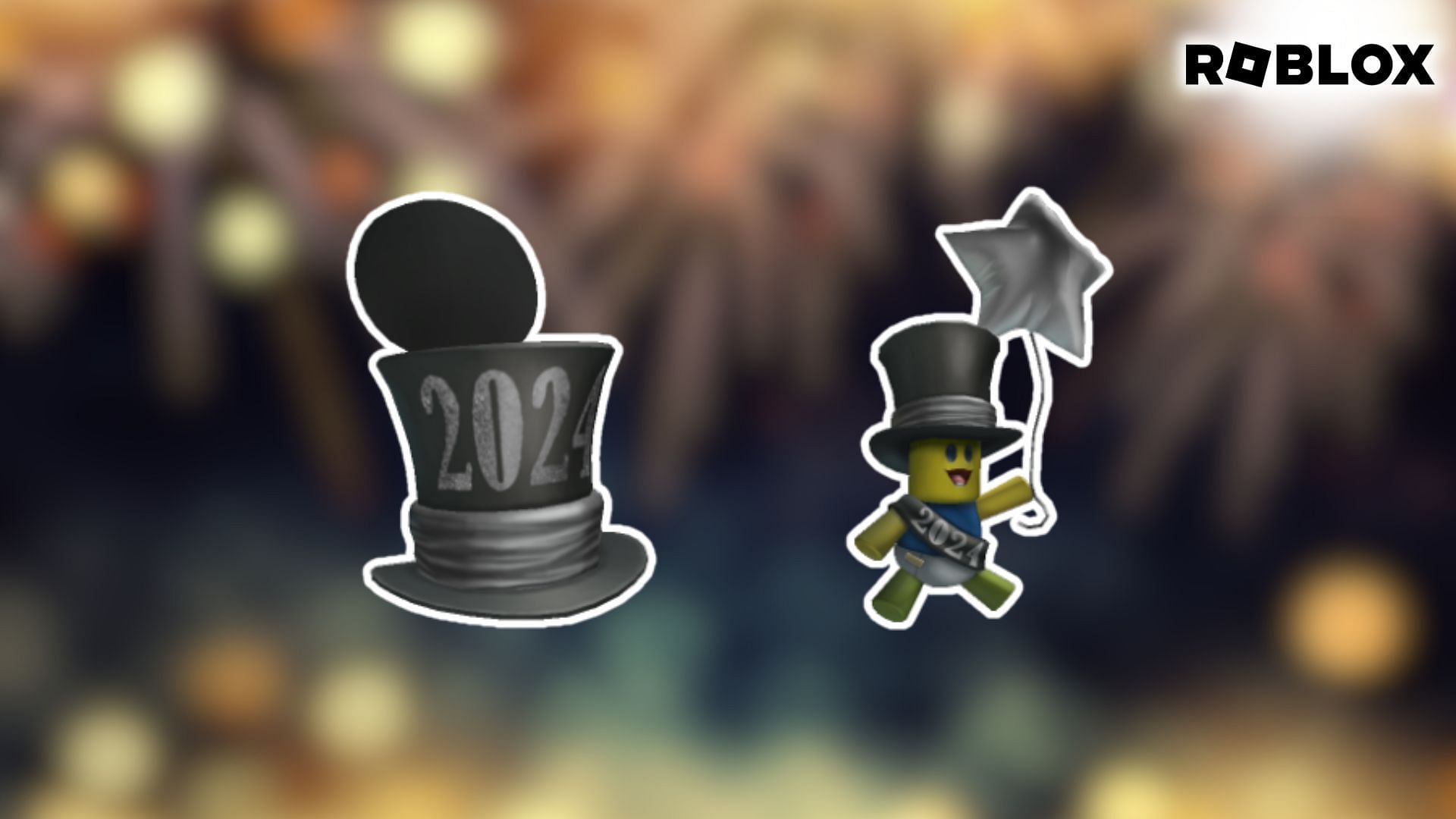Fortnite: Privacy Controversies and Impulse Buying

The developer of the hit video game Fortnite has agreed to settle a lawsuit by paying $520 million (€489 million) to answer allegations that it violated children’s privacy laws and encouraged unauthorized purchases.
The Federal Trade Commission (FTC) said the company used deceptive tactics, such as an interface that tricked players into making purchases while the game was loading and default settings that compromised user privacy.
Epic Games acknowledged the “outdated practices” and emphasized that it does not intend to find itself in this situation. The company said it agreed to the deal to ensure better customer protection and a better experience for its players.
Global success
Fortnite, a battle royale game that has become a worldwide success since its release in 2017, has over 400 million players. Although the game is generally free to play, it generates significant revenue through in-game purchases such as Dancing skins and emotions.
The FTC criticized the game for primarily targeting children and teenagers while ignoring parental consent rules. Even after making the changes, Epic Games would not have fully complied with these rules, according to the FTC.
FTC Chair Leena Khan emphasized the importance of protecting the public, especially children, from abusive online practices. She emphasized that these enforcement measures were intended to deter other companies from following similar illegal practices.
Decision of Epic Games
Epic Games has agreed to change its privacy settings to better protect teens and children, including disabling chat communications by default. Additionally, the company will pay a record amount to settle disputes over non-consensual data collection and deceptive billing practices.
The FTC criticized Fortnite’s purchase button layout as “unnatural, inconsistent and confusing” and allegedly led to millions of dollars in unauthorized purchases. According to the complaint, Epic Games intentionally complicated the cancellation and refund processes to discourage users from paying the disputed charges.
Epic Games claimed to have made changes to address the concerns, but also asserted that the practices detailed in the FTC’s complaints do not fully reflect how the Fortnite game currently operates. The company highlighted the need for a new model to respond to changing regulations and customer expectations.
Updated: February 6, 2024





